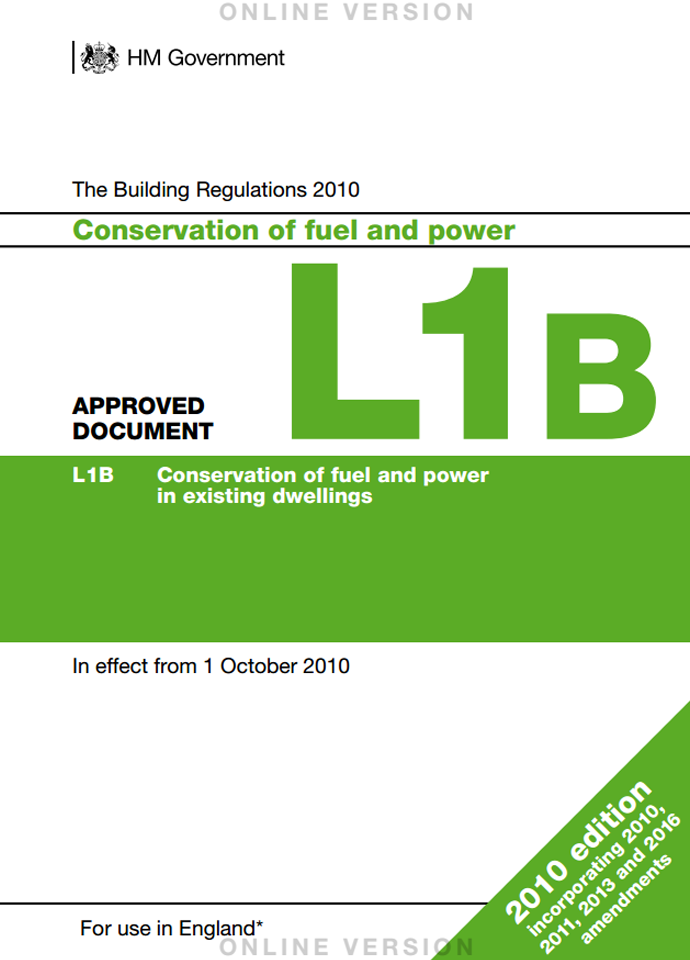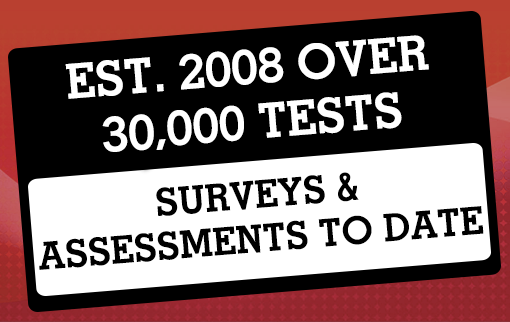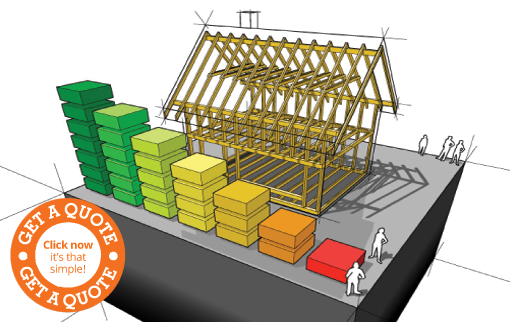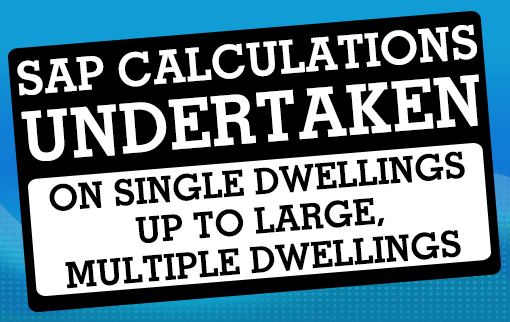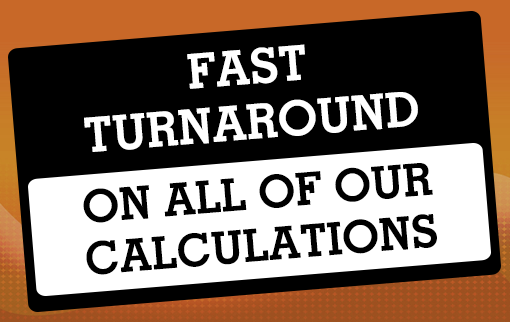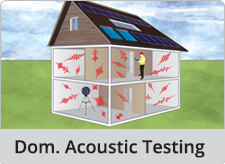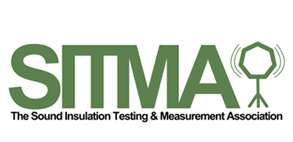Offices Nationwide

Reverberation Time
The reverberation time of a room is defined as the time it takes for sound to decay by 60 dB after an abrupt termination...more

Point of Reference
10 dBA is the sound level of normal human breathing. To put it into perspective, thunder is a whopping 120 dBA...more
Part L1B
Conservation of fuel and power in Existing Dwellings

London - TER DER Calculations - 020 3390 0301
The office that covers this area is: London
The towns & cities that are covered within this county are:
Acton, Anerley, Balham , Barnes , Battersea, Bayswater, Belgravia, Bermondsey, Bethnal Green, Bexleyheath, Blackheath, Bloomsbury, Bow, Brixton, Brockley, Bromley, Brondesbury, Camberwell, Camden Town, Canning Town, Carshalton, Catford, Charlton , Chelsea, Chingford, Chiswick, City of London, Clapham, Clapton, Clerkenwell, Coulsdon, Covent Garden, Cricklewood, Croydon, Deptford, Dulwich, Ealing, Earls Court, East Dulwich, East Finchley, East Ham, Edmonton, Eltham, Finchley, Forest Gate, Forest Hill, Fulham, Golders Green, Greenwich, Hammersmith, Hampstead, Harefield, Harringay, Hendon, Herne Hill, Highbury, Highgate, Homerton, Hornsey, Islington, Kennington, Kensington, Kentish Town, Kilburn, Kingsbury, Kingston upon Thames, Lambeth, Lee, Lewisham, Leyton, Leytonstone, London, Lower Edmonton, Maida Vale, Manor Park, Marylebone, Mayfair, Merton, Mill Hill, Mitcham, Morden, Mortlake, Muswell Hill, Newcross, New Southgate, North Finchley, North Kenningston, Nottinghill, Paddington, Palmers Green, Peckham, Pilmilco, Pinner, Plaistow, Poplar, Primrose Hill, Purley, Putney, Rotherhithe, Shadwell, Shepherds Bush, Soho, South Kensington, South Lambeth, South Norwood, South Tottenham, South Woodford, Southgate, Spitalfields, St. Johns Wood, Spepney, Stockwell, Stoke Newington, Stratford, Surbiton, Sydenham, Thamesmead, Tooting, Tottenham, Upper Edmonton, Upper Holloway, Victoria, Wallington, Walthamstow, Walworth, Wandsworth, Wanstead, Wapping, Waterloo, Wealdstone, West Brompton, West Earling, West Ham, West Kensington, West Norwood, Westminster, Whitechapel, Willesden, Wimbledon, Wood Green, Woolwich, Worcester Park,
Phone Number: 020 3390 0301 Email: london@e2consultants.co.uk
SAP Calculations is sometimes referred to as Part L1B Compliance, SAP Conversion Calc, SAP Conversion Calcs, SAP Conversion Calculations, SAP Conversion Assessment, SAP Conversion rating.
How Is A SAP Assessment Undertaken?
The crucial information needed for the SAP software relates to the type of dwelling, floors, walls, the roof, windows, doors, lighting, renewable technologies, 'U' values, hot water and ventilation. With this, we can determine if a building complies with Building Regulations in London.
Amongst other things, the SAP assessor will determine how good the thermal elements are in the floors and walls as well as how well heat passes through these elements - this is known as a 'U' value. A high 'U' value represents a high amount of heat lost - this is used in the SAP calculation which is done off-site but requires plans and drawings of the site in order to be calculated.
Why Do I Need A SAP Calculation?
You will need to provide information about energy efficiency in a Predicted Energy Assessment (PEA) if you are planning to sell the property before it has been built.
Under Part L of Building Regulations in London, since 2006, any new dwellings or conversions need to have a SAP Calculation and Predicted EPC before any work can begin.
It is the responsibility of the builder to provide any On Construction EPCs when a home is constructed. This will also apply if a building is converted into fewer or more units (material change of use) and changes are made to the heating, hot water provision or air conditioning/ventilation services.
What Is A SAP Calculation?
The higher the SAP rating, the lower the cost will be to run the building. The score represents the cost of energy required by a property over the course of a year with a 100 score meaning there's no energy cost. To calculate the SAP, the assessor uses information relating to lighting, heating, hot water systems, renewable technolgies used and the elements of structure.
SAP calculations are the Government's Standard Assessment Procedure for Energy Ratings. In order to produce an On Construction EPC (Energy Performance Certificate) or a Predicted Energy Assessment (PEA), a SAP is required, as this is the calculation these certificates are based on.
Our other services include:
TER DER Calculations can also be known as:
SAP Calc, SAP Rating, Domestic Carbon Emission Calc, TER DER Calc, SAP Calculations, Domestic Carbon Emission Calculation, SAP Assessment, TER DER Calculation, Standard Assessment Procedure,


Copyright 2025 E2 Specialist Consultants Limited
Company No. 06728970












